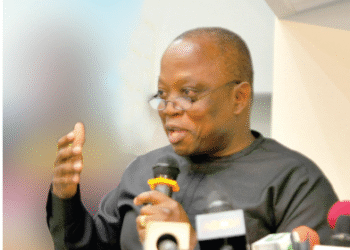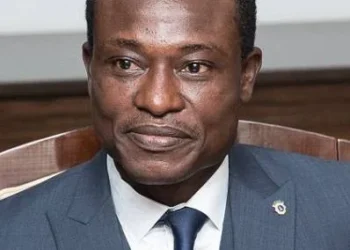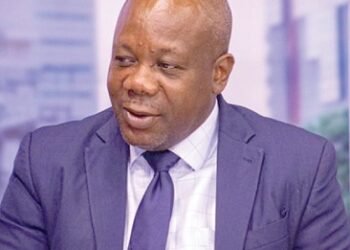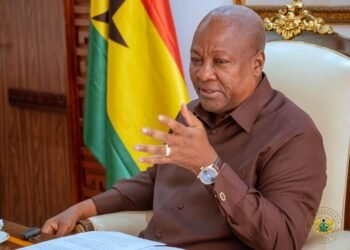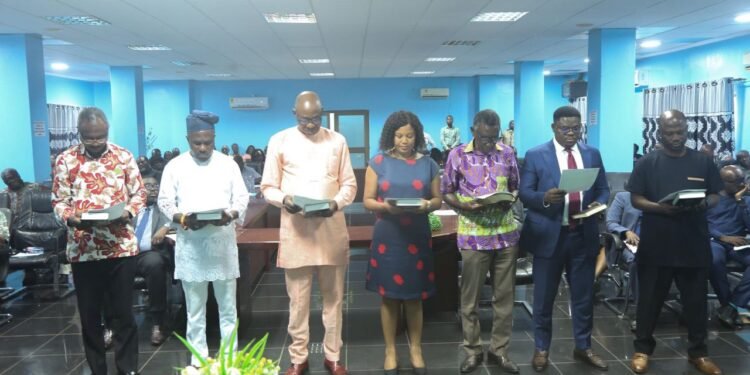Kwame Baffoe, popularly known as Abronye DC, has declared a hunger strike in police custody, intensifying debate over what his legal team calls political persecution.
The outspoken Bono Regional Chairman of the New Patriotic Party (NPP) was arrested on September 8, 2025, and remanded by the Accra Circuit Court, sparking national discussion about the nature of the charges brought against him.
His lawyer, Enoch Afoakwa, told journalists that the decision to embark on a hunger strike was a deliberate act of protest against what Abronye views as an unfair and politically motivated arrest.
The court’s decision to grant a two-week remand has added fuel to the controversy, with the politician expected to reappear on September 26 as investigations continue. Speaking to the press, Afoakwa described his client as a man full of life who had chosen this form of protest to signal his rejection of what he considered persecution.
“Abronye is a man full of life. He knows that this is just mere political persecution and certainly he is hopeful that his liberty will be restored,” Afoakwa said.

The lawyer maintained that the decision to refuse food and water is not only an act of defiance but also a measure of self-preservation. According to him, Abronye does not trust the conditions under which he is being held, fearing that accepting food or water could endanger his life.
“Certainly, he needs to protect his life and under the circumstances, that is the reason he is on hunger strike,” Afoakwa argued. The Ghana Police Service has insisted that Abronye was arrested for “offensive conduct conducive to the breach of public peace.”
However, authorities have so far withheld full details about the specific conduct that led to his detention. Prosecutors requested more time to build their case, leading to the court granting a two-week remand.
The court first remanded Abronye on September 9 after his arrest a day earlier, before ordering his continued detention on September 12. He is now scheduled to appear before the court again on September 26.
Police sources say the extended remand period will enable them to conclude their investigations, though no comprehensive charge sheet has been made public.
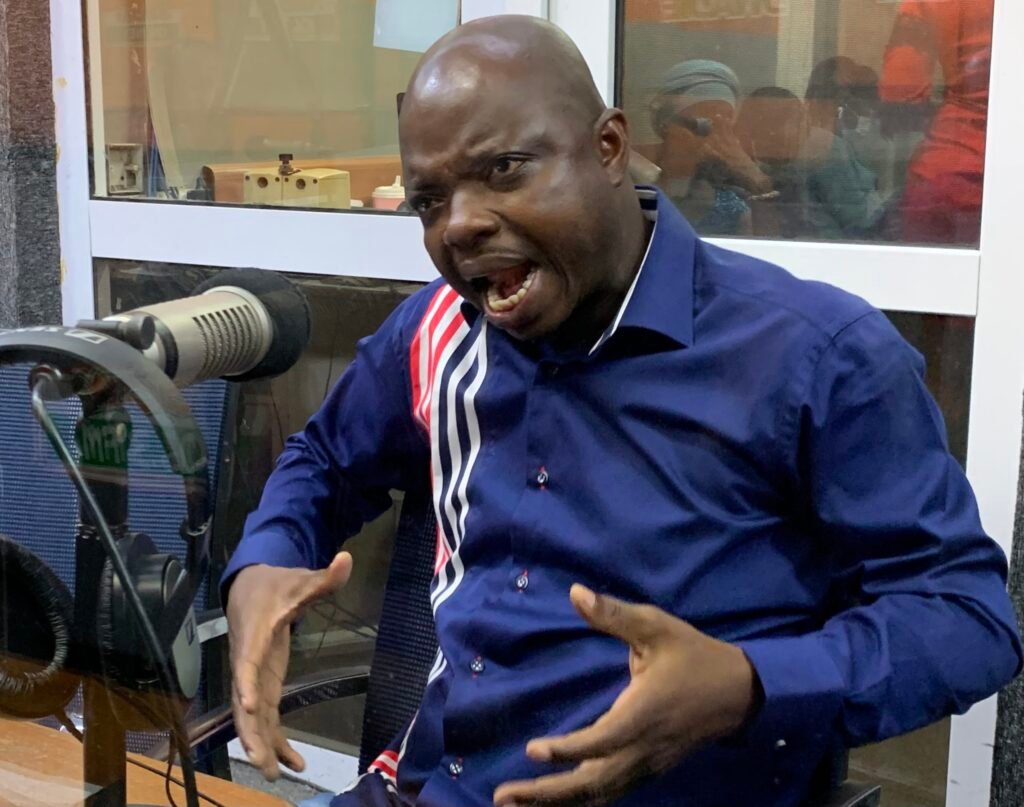
Political Implications
Abronye’s detention has generated significant public interest, not only because of his senior role within the NPP but also because of his reputation as a fiery political voice. His frequent criticisms of political opponents and uncompromising style have made him a polarising figure in Ghanaian politics.
Observers note that the hunger strike escalates the stakes in an already sensitive case, especially as his lawyer frames the detention as political persecution. The protest action adds a layer of urgency and raises questions about how state institutions handle politically exposed individuals in custody.
The court’s directive that Abronye reappear on September 26 means that both his supporters and critics will be watching closely as events unfold. Until then, he remains in police custody under the conditions he has chosen for himself.
Afoakwa has made clear that his client is determined to continue the hunger strike “for as long as necessary,” describing it as a democratic expression of resistance against political oppression. For the lawyer, the protest underscores Abronye’s commitment to principles he believes are being trampled by his detention.

While President John Dramani Mahama’s administration has not directly commented on the case, the arrest and subsequent hunger strike highlight the enduring tension between state security concerns and the rights of political actors in Ghana’s democratic space.
As the situation develops, the central question remains whether Abronye’s decision will pressure investigators to act more swiftly or whether it will deepen the divide between his supporters and the authorities.
READ ALSO: U.S. Urges Europe to Phase Out Russian Gas Within a Year





